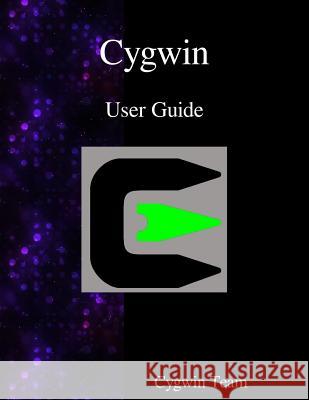Cygwin User Guide » książka
Cygwin User Guide
ISBN-13: 9789888406234 / Angielski / Miękka / 2016 / 116 str.
Cygwin is a Linux-like environment for Windows. It consists of a DLL (cygwin1.dll), which acts as an emulation layer providing substantial POSIX (Portable Operating System Interface) system call functionality, and a collection of tools, which provide a Linux look and feel. The Cygwin DLL works with all x86 and AMD64 versions of Windows NT since Windows XP SP3. The API follows the Single Unix Specification as much as possible, and then Linux practice. The major differences between Cygwin and Linux is the C library (newlib instead of glibc). With Cygwin installed, users have access to many standard UNIX utilities. They can be used from one of the provided shells such as bash or from the Windows Command Prompt. Additionally, programmers may write Win32 console or GUI applications that make use of the standard Microsoft Win32 API and/or the Cygwin API. As a result, it is possible to easily port many significant UNIX programs without the need for extensive changes to the source code. This includes configuring and building most of the available GNU software (including the development tools included with the Cygwin distribution)











